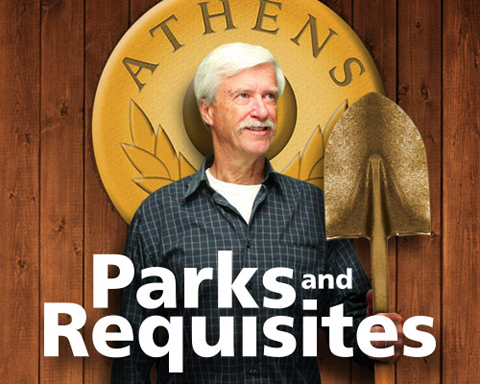The Biological Sciences Department offers a variety of summer courses that fill Ohio University general education Tier II requirements.
Many of them are online and for non-majors, including courses about animal diversity, human biology, drugs and the brain, conservation and biodiversity, and microbes and humans.
BIOS 1000 Animal Diversity ONLINE
Tier II Natural Sciences (2NS)
Class #1304 | First Summer Session
Description: For non-majors, this is a broad survey of all of the major groups of animals. Aspects of the biology, reproduction, ecology, and evolution of the animal phyla.
BIOS 1030 Human Biology 1: Basic Principles ONLINE
Tier II Natural Sciences (2NS)
Class #1306 | First Summer Session
Description: For non-majors, this course examines humans as biological organisms: our origins, ecology, and inheritance, and functioning of our body systems.
BIOS 1700 Biological Sciences I: Molecules and Cells
Tier II Natural Sciences (2NS)
Class #1321 | First Summer Session
Description: This cellular and molecular biology course is designed for science majors and pre-professional students. It’s an introduction to the chemistry of life, cell structure and function, and the principles of inheritance. Credit not allowed for both 1700 and any of the following: BIOL 1010, PBIO 1100, PBIO 1140.
BIOS 1710/1715 Introduction to Biological Sciences II and Lab
Tier II Natural Sciences (2NS)
Class #1332 | Second Summer Session
Description: This course on animal organ systems is designed for science majors and pre-professional students, with an introduction to multicellular life, organ systems, anatomy, physiology, and animal development; emphasis is on comparative strategies within the animal kingdom. Ecology and evolutionary biology are covered, plus an introduction to the principles of evolution, ecology, and behavior.
BIOS 2060 Drugs and the Brain ONLINE
Tier II Natural Sciences (2NS)
Class #1325 | Second Summer Session
Description: For non-majors: The brain creates behavior in part via multiple chemical messenger (neurotransmitter) systems that serve specific functions such as mood alteration and arousal. Recreational and psychoactive medical drugs work by mimicking these natural messenger systems, and thus help elucidate the behavioral functions of different neurotransmitter classes. This course reviews nervous system structure and chemical signaling pathways and then surveys the major classes of psychoactive drugs, including alcohol, opium, cocaine, amphetamines, nicotine, caffeine, marijuana, the hallucinogens, and the antidepressants. Particular attention is paid to the biological bases of their effects.
BIOS 2200 Conservation and Biodiversity ONLINE
Tier II Applied Science & Mathematics (2AS) | Sustainability Studies theme course
Class #1307 | First Summer Session
Description: For non-majors, this course introduces the student to the modern field of conservation biology and the role of genetics, ecology, life history, and biogeography in the preservation and maintenance of biodiversity. Case studies of endangered animal and plant species are highlighted.
BIOS 2210/2215 Microbes and Humans & Lab ONLINE (With Online Component or Online and In-Class Hybrid Lab Course)
Tier II Applied Science & Mathematics (2AS)
Class #1335/5487 | Full Summer Session
Description: For non-majors, this course is a good introduction to microbiology for allied health fields. Introduction to the history and life of microorganisms with an emphasis on bacteria and viruses. Discussion covers the interaction between humans and microbes including vaccines, antibiotics, biotechnology, immunity, disease transmission, and food spoilage. This overview of infectious diseases affecting human organ systems includes application of concepts through reading on current topics.
BIOS 2750 Ecology for the 21st Century
Tier II Natural Sciences (2NS)
Class #1308 | First Summer Session
Description: This is an introductory study of the natural environment and relations of organisms to one another and their surroundings. Individual, population, and community and global dynamics are considered in natural and human-influenced environments to improve ecological literacy about how the natural world works.




















Comments